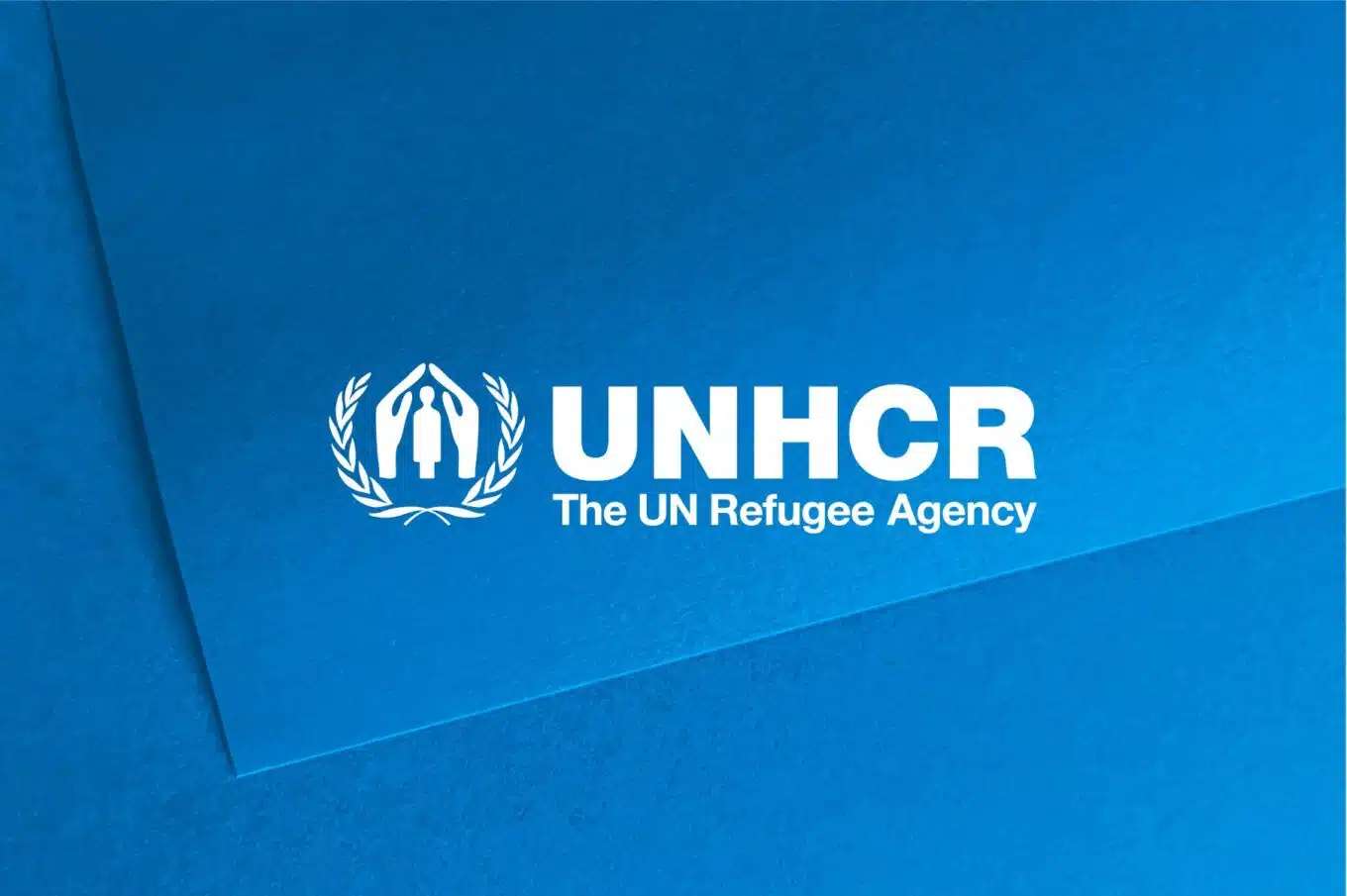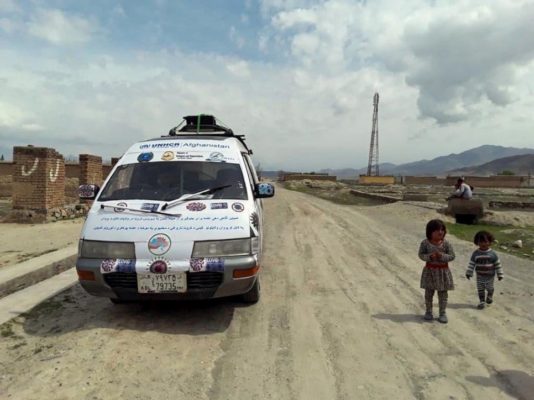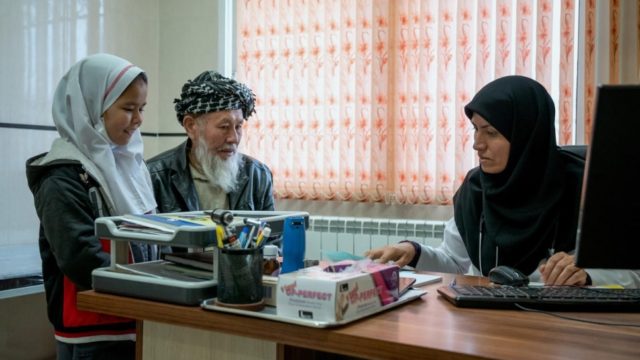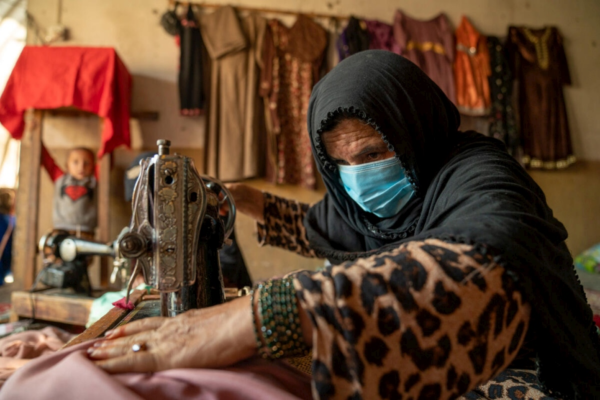
© UNHCR
Responding to Afghanistan’s deepening humanitarian crisis, UNHCR, the UN Refugee Agency, and the Islamic Development Bank (IsDB), in its capacity as the trustee of the Afghanistan Humanitarian Trust Fund (AHTF), have signed three crucial agreements aimed at bolstering access to education, health-care services, and livelihood opportunities in the country.
The agreements were signed at the headquarters of the Islamic Development Bank in Jeddah, the Kingdom of Saudi Arabia, by the Special Advisor to the President of the Islamic Development Bank and Coordinator of the Afghanistan Humanitarian Trust Fund, Eng. Muhammad Jamal Al-Saati, and UNHCR’s Senior Advisor and Gulf Cooperation Council (GCC) Representative, Khaled Khalifa.
Through these agreements, UNHCR will implement several projects to support education programmes, such as building 16 integrated schools for boys and girls, and creating information and inquiry points to enhance and ensure access to education for more than 30,000 school-age children. In addition, it will improve and expand the health-care service network in more than 34 regions by establishing eight health-care centres, benefiting more than half a million people from returnee, displaced and host communities. The agreements will also allow for the implementation of programmes to enhance vocational skills and facilitate livelihood opportunities through traditional crafts, such as beekeeping and wool spinning.
During the signing ceremony, Khaled Khalifa expressed his gratitude for the support of the Kingdom of Saudi Arabia and praised the partnership with IsDB and AHTF. “The decades-long conflict in Afghanistan has had a devastating impact on all aspects of people’s lives, leaving more than two-thirds of Afghanistan’s population in urgent need of assistance,” he said. “With this generous contribution from the Kingdom of Saudi Arabia’s Fund for Development – through AHTF – UNHCR will be able to provide critical services in several vital sectors, including health, education, and livelihoods. We are grateful to the Kingdom of Saudi Arabia and AHTF for this much-needed support.”
For his part, Eng. Mohammad J. Alsaati said: “The signing of these three agreements totalling $10 million is another major milestone of AHTF’s journey towards its goal to help and support the vulnerable in Afghanistan through the formulation and approval of high-impact projects. These agreements with UNHCR reflect our commitment to assisting the crisis-affected Afghan population.”
The humanitarian crisis in Afghanistan is worsening due to a combination of conflict, natural disasters, climate shocks, and the recent economic downturn, with approximately 28.3 million people now in need of humanitarian assistance. These projects aim to improve and support Afghanistan’s service infrastructure to enhance access to health care and education and to enable livelihoods as a sustainable means to address daily life challenges.
For more information, please contact:
- Khaled Kabbara, Communications Officer – UNHCR GCC, kabbara@unhcr.org





